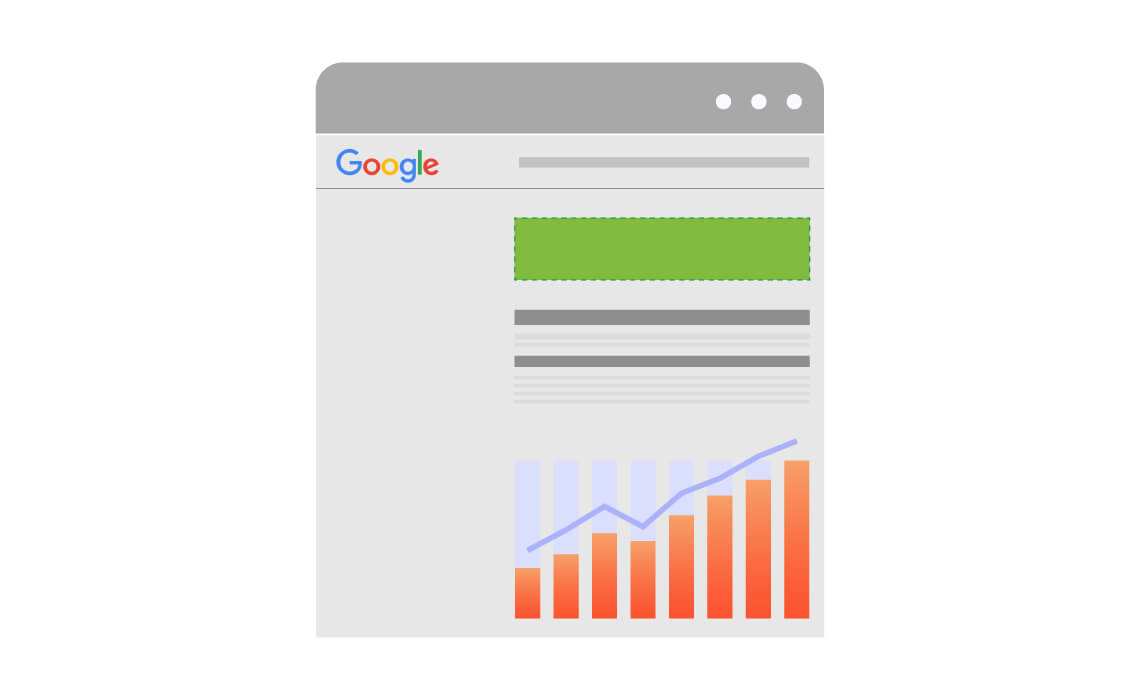Simply having a fully functional and aesthetic website isn’t enough to rank on Google & other search engines. With the right SEO & content strategies, you could have your business ranking on Google in no time.
Here are some of the most widely used content strategies for improving the content on your site.
Use Keywords
Keywords will have to be strategically picked and distributed throughout a page including within title tags and meta descriptions. Google treats page headings as a ranking factor when delivering search results. Don’t forget to include location identifiers and brand names as well.
You also need to keep in mind that Google ranks pages individually. Which implies that you will need to have as many different pages as possible, each targeting different keywords that you wish to rank for. The content on each of these pages will also have to be unique so as to avoid keyword cannibalization. You could also start by making adjustments to any existing content on your site.
Increase Word Count
It is widely known that pages with a higher word count tend to organically rank higher on search engines. Google even assigns “Rich Snippets” to listicles with a word count of 1,200 and above. As mentioned above, Google ranks each page individually hence it is wise to increase the word count on all pages and not just a few of them. A general rule of thumb is that no page on your site should have less than 500 words.
Optimize Outdated Pages
In order to provide users with the best possible experience, it is important to update your site with the most recent information you have available.
Google recognizes the “freshness” of a page by seeing when it was last edited or optimized. If a page on your site hasn’t been touched in months, Google assumes that it must have outdated content. This could adversely affect the ranking of a page. Even making minor tweaks like adding links to pages you recently created or repurposing and republishing old content could go a long way.







